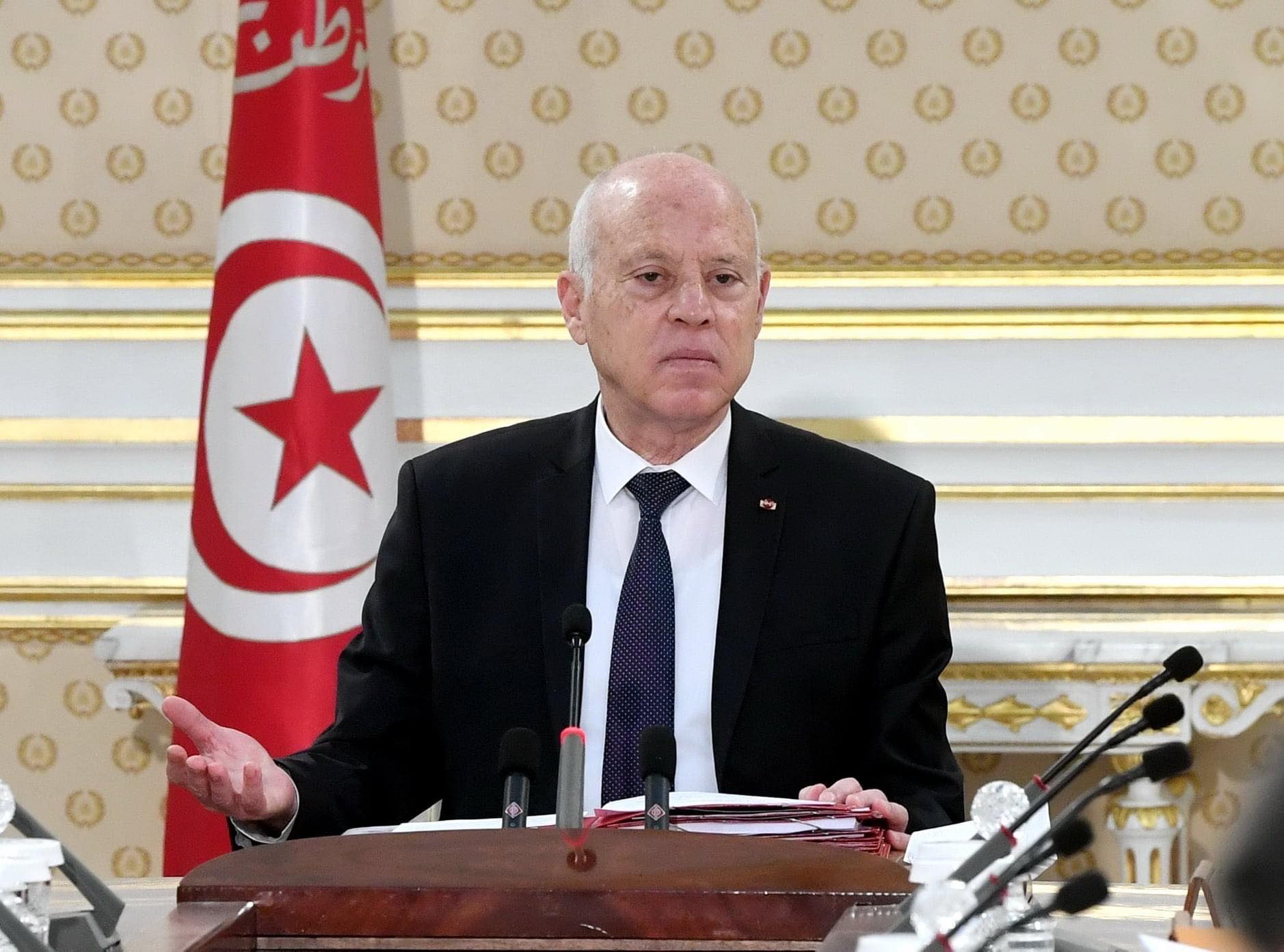President Saied’s continued attacks on the separation of powers and the 2014 constitution should receive international condemnation, said the ICJ today.
هذا البيان الصحفي متوفر باللغة العربية أيضا
Yesterday, 13 December 2021, President Saied announced his intention to prolong the suspension of Parliament for a year and to establish “a new Constitution”. His announcement came almost three months after he consolidated his power grab over the legislature and military in July this year, when he had declared large sections of the 2014 Constitution invalid and empowered himself to rule by decree.
“Rather than reinstating Tunisia’s constitutional order and reversing his power grab, President Saied seems hell-bent on attempting to legitimize and perpetuate the exceptional measures that have cemented his one-man-rule,” said Said Benarbia, the ICJ’s Middle East and North Africa Director. “Tunisia’s allies and international community as a whole must urge President Saied to desist from further attacks on the Rule of Law, and to instead commit to preserving the country’s constitutional order”.
The 2014 Constitution emerged from an inclusive constitution-making process; it was drafted by a legitimate, democratically elected constituent assembly, through a transparent process that involved relevant stakeholders and representatives of the Tunisian population. Throwing out the 2014 Constitution infringes the rights of Tunisian people to take part in the conduct of public affairs.
According to yesterday’s announcement, President Saied’s roadmap for the 2022 Constitution envisages a three-month public consultation, between January and March 2022, at which point a Constitutional Committee will be assigned to draft the final text. However, very few details about this process have transpired thus far.
“It is difficult to see how the proposed roadmap will allow for a comprehensive, inclusive and participatory constitution-making process in line with international standards,” added Benarbia.
The ICJ remains concerned about the impact of the President’s autocratic decisions on the country’s already weakened justice system and on its transitional justice framework. Without the 2014 Constitution, the fate of the High Judicial Council – the body mandated to ensure the proper functioning of the judicial system and respect for its independence – is uncertain. Victims of gross human rights violations committed under the former regime, who continue to face barriers in their attempts to obtain justice before the Specialised Criminal Chambers, have little chance of any effective redress, including reparations, given the ongoing constitutional upheaval.
Contact
Said Benarbia, Director, ICJ Middle East and North Africa Programme, t: +41-22-979-3817; e: said.benarbia(a)icj.org




